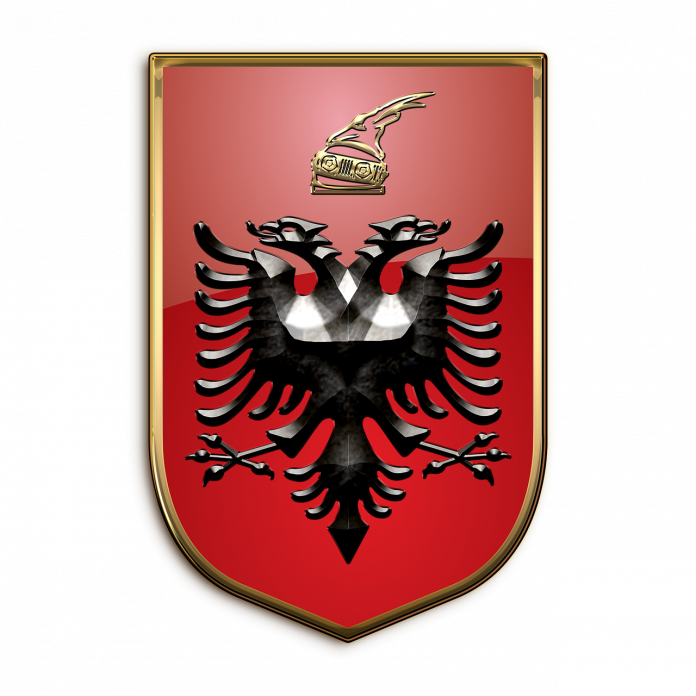By Maurizio Geri, a researcher on international affairs and a former NATO analyst
It sounded like a scene straight from a 20th century spy novel. In September, all staff of the Iranian Embassy in Tirana were given 24 hours to leave Albania over a major cyberattack on July 15th that the Albanian government blames on Iran.
“The government has decided with immediate effect to end diplomatic relations with the Islamic Republic of Iran,” Albanian Prime Minister Edi Rama had stated, warning that Albania’s cyber-attack was an effort to “paralyse public services, erase digital systems and hack into state records, steal government intranet electronic communication and stir chaos and insecurity in the country.”
The decision by the Albanian government was however also sparked by a disinformation campaign aimed at an Iranian opposition group which is resident in Albania since 2014.
Iran has become a dangerous cyber actor, as evidenced by two recent cyberattacks on Albania. But which attacks warrant a response? That’s the question NATO is still trying to figure out.https://t.co/9lnT2pBeid
— World Politics Review (@WPReview) October 15, 2022
Albania as a center of intrigue
The events that happened in Albania this Summer deserve closer attention from authorities across the EU.
In 2014, Albania welcomed some 3,000 members of the exiled Iranian opposition group People’s Mujahedeen Organization of Iran, also known as MEK, into the country, from Iraq. The majority of the members of the group settled in a camp near the bustling Albanian port city Durres.
Since then, Tirana has become a center of intrigue, as Iranian agents have flooded the country with an aim to keep a close eye on the leading Iranian dissident group.
Albania’s Special Anti-Corruption Structure (SPAK), a judicial entity tasked with investigating corruption and organized crime, swung into action following the July attack, but it looks like they have already been monitoring Iranian agents in Albania for years. In coordination with the Special Prosecutor’s Office, SPAK questioned and detained some 20 Iranians. The investigation included raids on eight apartments, four offices, and other buildings in Albania.
Investigators have uncovered a number of carefully disguised operations that allowed front groups to monitor MEK members on Iran’s behalf. For example, the «Association for the Support of Iranians Living in Albania» (ASILA) is a registered NGO in Albania. Yet, it in reality, it maintains such close ties with the Iran government that it was among the organisations that were searched by Albanian authorities in July.
Manipulation of Western media
One of the things that the Iranian regime’s agents based in Albania managed was to manipulate journalists from Western media outlets, including from The Guardian to the BBC into publishing accusations about the MEK opposition group.
These agents told eager and willing journalists false stories, in a bid to sow distrust and confusion in the minds of the Western public and discourage European and US policy makers and public figures from supporting a key opposition movement against the Iranian regime.
There is a serious and widespread uprising against the Islamic dictatorship in Iran and yet the BBC persists in referring to it as 'protests'. https://t.co/sDeIdWRiO1
— Robert Kimbell (@Rob_Kimbell) October 17, 2022
Iran’s involvement in the Western Balkans dates back to the 1990s
It very much looks like the cyber-attack uncovered this Summer was launched from Iran. It was particularly malicious, as it was aimed at wiping data from devices used by the Iranian opposition. These data included careful records of some of the Iranian regime’s activities and crimes.
Students of Eastern Europe should note this is not the first time that Iran has sought to flex its muscles in the Western Balkans. The Iranian regime’s interest in the region date back to the Balkan Wars of the 1990s.
In 1994, the Clinton Administration looked the other way as Iran shipped weapons to Bosnia. Eventually, thousands of Iranian “advisers” would travel to the Balkans over the ensuing decades. Iran and its front organization, Hezbollah, continue to be active in the Balkan region to this day.
We also witness Iranian activity within the European Union. Most prominently, there is the ongoing story of Assadollah Assadi, an Iranian diplomat who has been convicted of attempting to launch a terrorist attack on a political rally in 2018. That 2018 rally took place in Paris and it was a large gathering of the Iranian opposition which included not only thousands of MEK supporters but also European and American politicians.
Last year, Belgium passed a law enabling for the potential exchange of Assadi in return for a Belgian national which is currently being held hostage by the Iranian regime.
While ending its diplomatic relations with Iran might seem extreme to some, for Albania it’s a small step toward ensuring its overall security. If Albania is able to stand up to Iran, Belgium should as well.
Check out the 24nd episode of the Brussels Report Podcast, where Iran experts Rebecca Schönenbach @if_rebecca and Kambiz Ghafouri @kambizghafouri discuss the EU’s policy towards Iran: https://t.co/YVLRBbu8w9 #Iran #JCPOA
— BrusselsReport.EU (@brussels_report) September 7, 2022
Disclaimer: www.BrusselsReport.eu will under no circumstance be held legally responsible or liable for the content of any article appearing on the website, as only the author of an article is legally responsible for that, also in accordance with the terms of use.













